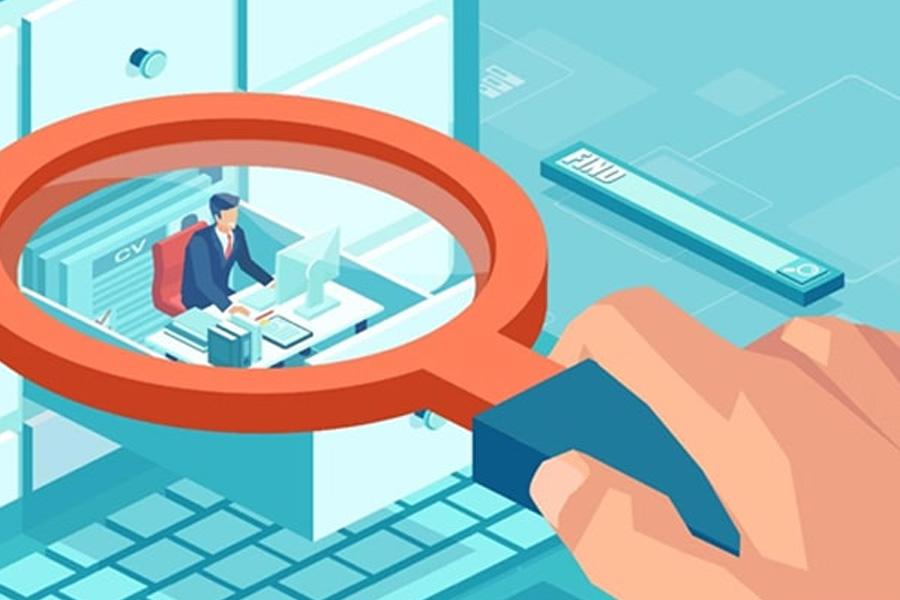
Image Source: sugermint.com
Employee monitoring has become increasingly common as companies strive to boost productivity, ensure data security, and manage remote workforces. However, the question of whether employee monitoring can be done ethically is a pressing concern for employers and employees alike. The answer is yes, employee monitoring can be conducted ethically, but it requires a careful approach that balances business needs with respect for employee privacy and trust.
Can Employee Monitoring Be Done Ethically?
The foundation of ethical employee monitoring is transparency. Employees should be fully informed about what is being monitored, how the data will be used, and why monitoring is necessary. This means clearly communicating the company’s monitoring policy and ensuring that employees understand it. Transparency helps to build trust, as employees are more likely to accept monitoring when they know the purpose behind it and how it will impact them.
For example, if a company decides to monitor internet usage to prevent data breaches or reduce distractions, it should explain this clearly to employees. The company should outline what activities will be tracked, such as browsing history or time spent on specific applications, and how this data will be used to improve security or productivity. By being open about the reasons for monitoring, employers can alleviate concerns and foster a more trusting work environment.
Respecting Privacy
Another critical aspect of ethical employee monitoring is respecting employee privacy. Monitoring should be limited to work-related activities and should not encroach on personal matters. For instance, while it may be necessary to monitor emails for security reasons, employers should avoid reading personal messages or monitoring employees during their break times. You have to use an effective employee monitoring software like Controlio.
To respect privacy, companies can implement monitoring tools that allow for customization. For example, some software solutions offer features that enable employers to monitor productivity without tracking specific keystrokes or capturing screenshots continuously. Instead, these tools can provide insights into overall activity levels, time spent on tasks, or usage patterns without delving into personal details. This approach ensures that monitoring is focused on work performance rather than intruding into employees’ private lives.
Setting Clear Boundaries
Ethical monitoring also involves setting clear boundaries on what will and will not be monitored. Employers should define the scope of monitoring, specifying which activities are being tracked and during what hours. This is especially important in a remote work environment, where the line between work and personal time can easily blur.
For example, if an employee is working from home, it’s essential to establish that monitoring will only occur during work hours and that activities outside of these hours are off-limits. Employers should also ensure that monitoring tools are disabled during breaks or personal time to respect employees’ right to disconnect. By setting and communicating these boundaries, employers can avoid overstepping and ensure that monitoring remains focused on business-related activities.
Using Data Responsibly
The data collected through employee monitoring should be used responsibly and ethically. This means using the information solely for the intended purposes, such as improving productivity, ensuring compliance, or enhancing security. Employers should avoid using monitoring data to micromanage or penalize employees unfairly.
Moreover, it’s crucial to protect the data collected through monitoring. Employers should implement strong data security measures to prevent unauthorized access, leaks, or misuse of employee information. Employees should also have the right to access their data, understand how it’s being used, and challenge any inaccuracies.
Balancing Benefits with Ethics
Ultimately, ethical employee monitoring is about finding the right balance between the benefits it offers and the potential impact on employees’ rights and trust. While monitoring can lead to increased productivity and security, it should not come at the expense of employee morale or privacy. By being transparent, respecting privacy, setting clear boundaries, and using data responsibly, employers can implement monitoring practices that are both effective and ethical.
Employee monitoring can be done ethically when approached with care and consideration. It requires a commitment to transparency, respect for privacy, and responsible use of data. When these principles are followed, monitoring can be a valuable tool that supports both the company’s objectives and the well-being of its employees.

